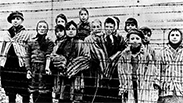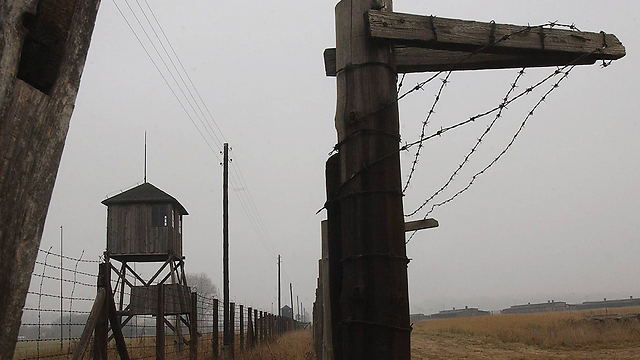
The 96-year-old Frankfurt resident, whose name wasn't released under German privacy regulations, is alleged to have served at the death camp near the Polish city of Lublin between August 1943 and January 1944.
Prosecutors allege that as a 22-year-old member of the SS's Death's Head division, the man worked as a perimeter guard and in the camp's guard towers.
"According to the known evidence, the suspect, as well as all other SS members of the camp, knew of the cruel and organized mass murder," prosecutors said in a statement.
"He also knew that these people, facing their fate innocently and defencelessly, were killed for inhuman reasons based on race," it added.
In particular, the indictment accuses the man of supporting the so-called Operation "Erntefest"—Operation Harvest Festival—on November 3, 1943.
On that day, at least 17,000 Jewish prisoners from the Majdanek camp and others who were being used as forced laborers in and around Lublin were shot in ditches just outside the camp. Music was blared from the Majdanek loudspeakers to mask the sound of the executions.
The Frankfurt resident charged Friday "contributed in his role as a perimeter guard and as a tower guard, and thus knowingly and deliberately aided" the killings, prosecutors said.
"By being part of a chain of guards and a tower guard, he made a contribution to (the Erntefest) and knowingly and willingly supported the malicious and cruel acts."
The prosecutor's charges are based on an investigation by the Central Office for the Investigation of Nazi Crimes and on historical documents found as part of the investigation.
No trial date has been set.
More than 70 years after the end of World War II, German prosecutors continue to bring new cases against former Nazi war crimes suspects. Due to their advanced ages, the task of getting suspects to trial is getting increasingly difficult, but prosecutors have secured notable convictions in recent years.
Reuters contributed to this report.

















